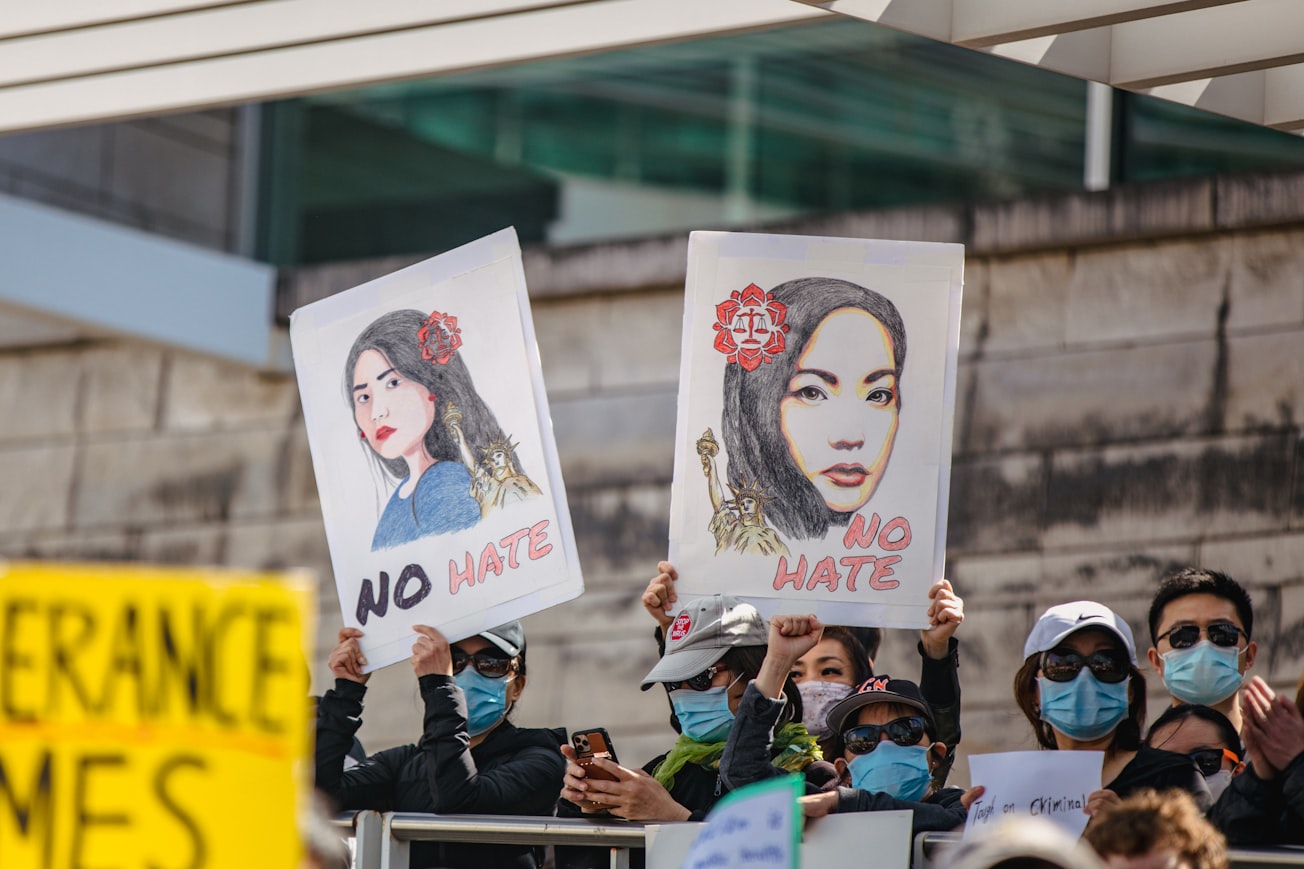What is it about?
The present studies are focused on understanding the harm of hate speech through the eyes of its intended targets and examining their retributive justice responses to hate speech. In particular we are interested in knowing how minorities respond to insults directed at their minority identity relative to other forms of insulting speech and how responses to hate speech differ from responses to antisocial behavior with more tangible consequences. Two experiments examined the distinctive characteristics of responses to racist hate speech relative to responses to other forms of offense. The studies varied the target of insulting speech (Asian, African, and Overweight person) or the nature of offence (petty theft vs. insulting speech). Participant variables included collective self-esteem and social identification. Results indicate that hate speech directed at ethnic targets deserves more severe punishment than other forms of offensive speech and petty theft. Hate speech also results in more extreme emotional responses and, in the case of an Asian target, has a depressing influence on collective self-esteem. Ethnic identification moderated punishment responses in study 1 only.
Featured Image

Photo by Jason Leung on Unsplash
Why is it important?
Our study adds to the debate for maintaining hate speech regulation where it exists and justifies extension of the policy into other jurisdictions. It does so by clearly indicating that hate speech is distinctive from other forms of insult and by evaluating it in the context of other criminalized behavior. The extent of harm results suggest that an essential strategy for overweight people is to frame their grievances about insulting behavior in group-based terms.
Read the Original
This page is a summary of: Hate Speech: Asian American Students' Justice Judgments and Psychological Responses, Journal of Social Issues, January 2002, Wiley,
DOI: 10.1111/1540-4560.00265.
You can read the full text:
Contributors
The following have contributed to this page










